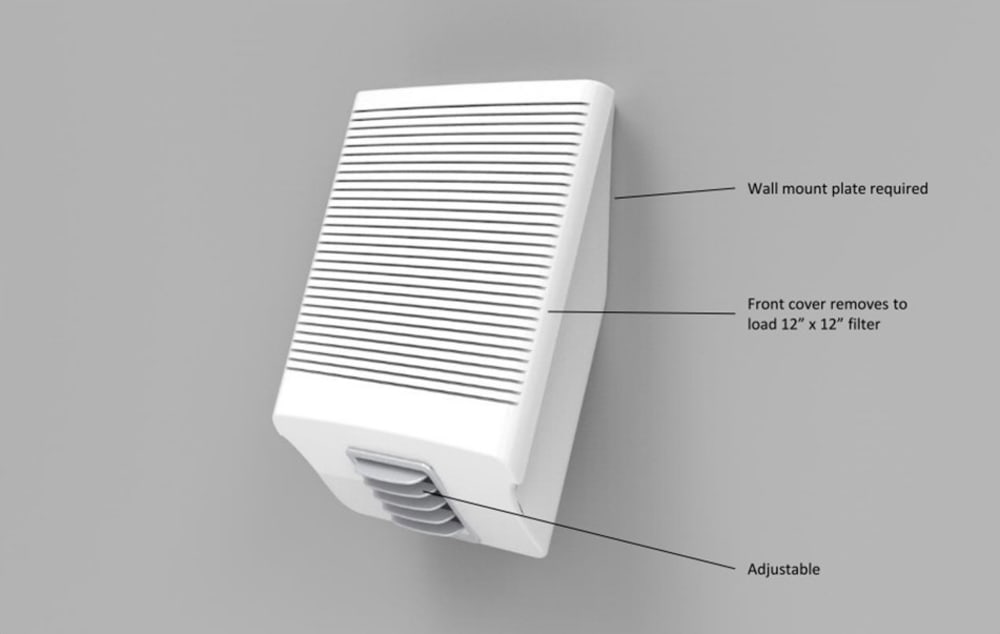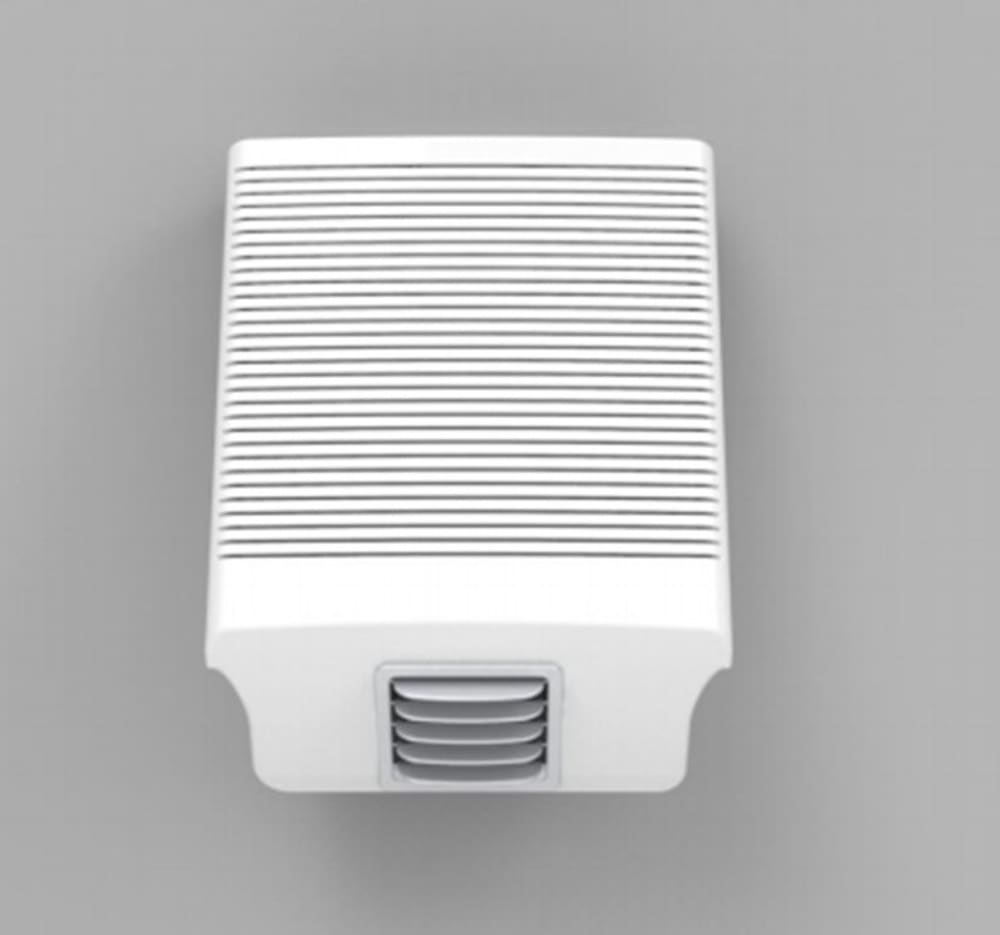Air conditioning was originally developed to provide a better sleep environment. However, thermal comfort is unique to every person especially during the sleep state. Today we have the opportunity to improve the consumer sleep experience by providing an advanced AC augmentation system powered with sophisticated sensors to create the optimal micro climate for a specific person lying in a bed.
Current domestic HVAC systems can do a solid job of maintaining the average room temperature with lower humidity. By improving the capability to improve comfort versus temperature based control a new balance between temperature and humidity we improve the thermal comfort and at total lower energy. This temperature/humidity balance is illustrated in Thom’s Discomfort Index.
We know that the balancing of temperature of the air moisture content of the air velocity and volume flow of the air work together to enhance the thermal Comfort level but we're still missing the ability to finely control the microenvironment for the occupant in bed relative to their sleep patterns as everyone is unique.
Consider the ideal state - a cool gentle breeze of fresh air coming through the window.
There are multiple solutions in the market trying to address temperature control and sleep tracking but none are working in synchrony.
Thus we need to provide a coordinating device that incorporates the needed sensors local to the occupant in bed and communicate with hvac to drive optimal changes and settings of temperature, humidity level and air velocity. We also need to unobtrusively sense the occupants' Sleep State to learn the optimal settings and dynamically make the necessary adjustments.
This device combines novel sensing capability incoordination with the air conditioning system to create the ideal microclimate for the target individual by sensing their local and physiological condition and adjusting room conditions and localized airflow. Additionally, by filtering that localized airflow, other issues related to hypoallergenic reactions.
As we learn to manage thermal comfort in the bed environment, possibilities for adding enhancements such as aromatherapy and fine temperature and humidity control are now economically within reach for the home market.
A mechanically simple device, this Sleep Guardian addresses a global market need.
Like this entry?
-
About the Entrant
- Name:Steven Kuehl
- Type of entry:individual
- Software used for this entry:Pro/Engineer
- Patent status:pending








